Let me preface this list by saying that I do not work for the entire month of January, and that is reflected in the number of books I read. Looking at this list reminds me that I should be freed from the shackles of capital so I can do what I was put on this earth to do: read.
Want by Gillian Anderson
I was rushing through this because I forgot that we were doing it for book club (a common occurrence). The consensus from my book club was that the editing was sub-par. While every voice in the conversation about female desire should have its day - in this format it felt like not every story was giving something new. I would have loved stories from Muslim women or better representation of African women. When I first thought about this I wondered if none had been submitted - however the more I thought about it the more I realised that, if you are putting together a book like this you can’t rely solely on submissions. It ends up with a sort of confirmation bias. You may have to seek some stories out.
Also who gets the money for this book? I hope Gillian (and her publishers) are sharing some of that money with the women who shared their stories. I tried to find the answer but couldn’t which makes me think that they aren’t because that would have been great PR.
McGlue by Ottessa Moshfegh
Look, I love Ottessa Moshfegh. I’m a Moshfag. I don’t think this is her best work. Nothing about the writing gripped me and there have been times where Moshfegh uses slurs to shock and portray something about a character and I think that’s lazy. I don’t know how good my reading comprehension was while I was reading this because halfway through I figured out it wasn’t for me and was trying to power through it.
Severance by Ling Ma
If there are two things I love in a novel it’s an unexpected dystopia and millenial ennui. This had both in spades. It was an ambitious debut to cover those topics and the complexities of being a first-generation American - but Ma did it exceptionally. We didn’t get to know some of the characters well enough but there wasn’t much else I would cut. I have recommended this to several people and will continue to do so.
“The End begins before you are ever aware of it. It passes as ordinary.”
Carrie Carolyn Coco: My Friend, Her Murder, and an Obsession with the Unthinkable by Sarah Gerard
The premise of this book had me hooked - I went to five different bookshops to find a physical copy but couldn’t. When I asked at one shop in Auckland the woman behind the counter told me she would add it to her list.
Gerard pieces the person that Carrie was and the story of how she was murdered by interviewing the people who loved her. I will say I loved the first half of this book but then I found Gerald was doing too much. She was painting a picture of who Carrie was, who her murderer was, the college they went to, and the trial.
Although the analysis about the murderer was interesting there was a lot of it and I would have loved to get to know Carrie more. It would have worked better if the interviews with her loved ones were formatted like actual interviews.
Overall it was enjoyable, but I had high expectations that weren’t met. I have some ethical issues with true crime as a genre, I thought this would be different but it was much of the same I fear.
The Diving Bell and the Butterfly by Jean-Dominique Bauby
Yet again, I was rushing this because I forgot I had to read it for a book club—not that any of my book clubs mind if you want to turn up for the vibes. Every year, we have one in-person meeting at a restaurant in the city to exchange books. I got Invisible Women, which has been on my list, so please watch out for that review when I get around to it in two years.
Back to the book! It was written by Bauby, who moved his eyes around a communication board because he had locked-in syndrome. The two things I enjoyed the most about this book were the sense of humour and the portrayal of his disability as boring—not inspiring, not something to overcome, sometimes just massively boring.
“If I must drool, I may as well drool on cashmere.”
When discussing the book, I turned to my friend and asked, “Do you think he was a little fruity?” She replied, “No, I think he’s just French.”
Blue Sisters by Coco Mellors
I have been a long-time reader and short-time reviewer. I was always too terrified to publicly review books in case someone disagreed with me and some books terrified me more than others. This is one of those books.
I enjoyed this book. I listened to it on audiobook and I think that helped the experience. Do I think this was a technically “good book”? Not really. Kind of like Deamon Copperhead, I thought it was a relatively simplistic and hamfisted view of addiction and how it can affect a family. I thought some scenes were overdone and unrealistic and I hated that one of the sisters dated her therapist. She was the most likable character, but after reading that she SLEPT WITH A PATIENT I couldn’t trust her.
Once again, I enjoyed reading this - I even recommended it to my mum. I will continue to read Coco Mellor’s books (on audiobook) when I am taking the dog for a walk and I will continue to enjoy them.
The Eyes Are the Best Part by Monika Kim
The Eyes Are the Best Part follows a second-generation Korean immigrant shortly after her father leaves her mother. This book had some pretty sick imagery and I loved it. Kim attempted to explore the protagonist's relationships with the people in her immediate circle. I think there were too many characters, leaving some of them feeling flat. I would have preferred that we learned more about Ji-won and her sister’s relationship.
This book will go down in “Good For Her” history.
Monstrilio by Gerardo Sámano Córdova
Monstrilio follows an extended family in the aftermath of the death of a child named Santiago. After his death, Santiago's mother cuts out his lung and uses it to grow a small monster named Monstrilio (M). I initially expected the book to be a meditation on the mother's grief, so I was surprised when the story shifted perspectives and jumped through time—but I ended up enjoying it. I think this book is a shining example of literary horror.
“I wanted him to snap, to finally and absolutely lose it. To break. He was withering. To wither is not the same as to break; to break is to have pieces to put back together, and to wither is to dry up, to wilt, to lose bone, to die, and death is the most boring.”
The Complete Maus by Art Spiegelman
I genuinely think that this book is a masterpiece. Read it?
The story wasn’t what I was expecting but I liked it more.
How to Blow Up A Pipeline by Art Spiegelman
I already wrote about this book and I can’t be bothered doing it again here.
Why You Should Blow Up a Pipeline
Perfume & Pain by Anna Dorn
Let me start by saying that the main character Astrid is right, she can say faggot if she wants to. This is a classic self-destructive lady in her 30s novel but lesbian as hell. The scene where Astrid gets spat at by a twink wearing a “Bottoms for Hillary” shirt altered my brain chemistry.
I sometimes wonder about books written at the cutting edge of popular culture. In the past, when culture moved more slowly, there was more staying power in the references, so we still understand them decades later. Because of the speed at which our current pop culture moves, will future audiences understand the references in this novel?
Regardless of that, I loved this. It was funny and camp and aggressive and messy. I just wished it was a bit shorter (but I think that about nearly every book I read).
Boyslut by Zachary Zane
There was a tradie in my house while I was reading this, I’m sorry Brian - I hope you didn’t Google this book afterwards. (Actually, yes, I do.)
At the opening of Boyslut Zane tells us that he has Obsessive Compulsive Disorder and I groaned. Not because he did anything wrong but because I thought he was flippantly using the diagnosis like when someone loves to clean and tells everyone they have OCD. But this Zane talks about his experience getting a diagnosis and treatment for OCD which is a perspective I hadn’t read before (especially someone who was diagnosed so young). I was interested to learn about different subsets of OCD.
One thing that Zane does in this book that grinds my gears is when people write things like “Ladies, gentlemen, and non-binary pals” and only some of the time? If you’re going to commit to the bit, commit to it. Just say “people”. It’s giving lip service inclusivity.
I didn’t love the footnotes, but that’s a personal thing. When I notice one at the bottom of the page, I find it hard to focus; it ruins the flow of reading.* the writing was funny and engaging. The stories were raw and personal and I’m glad I read it. Do not read this if you’re a prude
*see what I mean
Orbital by Samantha Harvey
This is the sort of book I would expect to win the booker prize. It has a sort Rachel Cusk element in that nothing really happens but the writing is amazing. Sometimes when I’m reading something this whispy I can find it difficult to stay present, so there was a lot of re-reading involved.
If someone asks me to recap this book in two weeks time I won’t be able to tell them a goddamned thing except that paragraph about how the astronaughts have to use certain toilets based on their nationality.



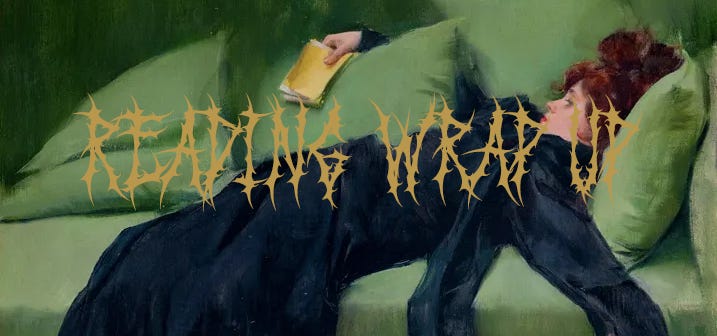
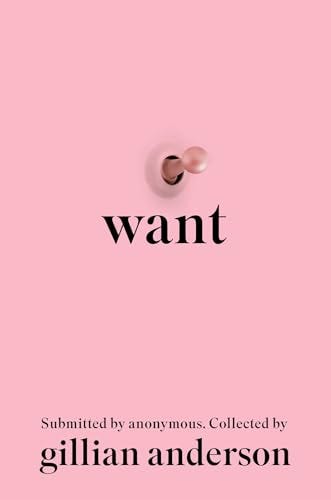

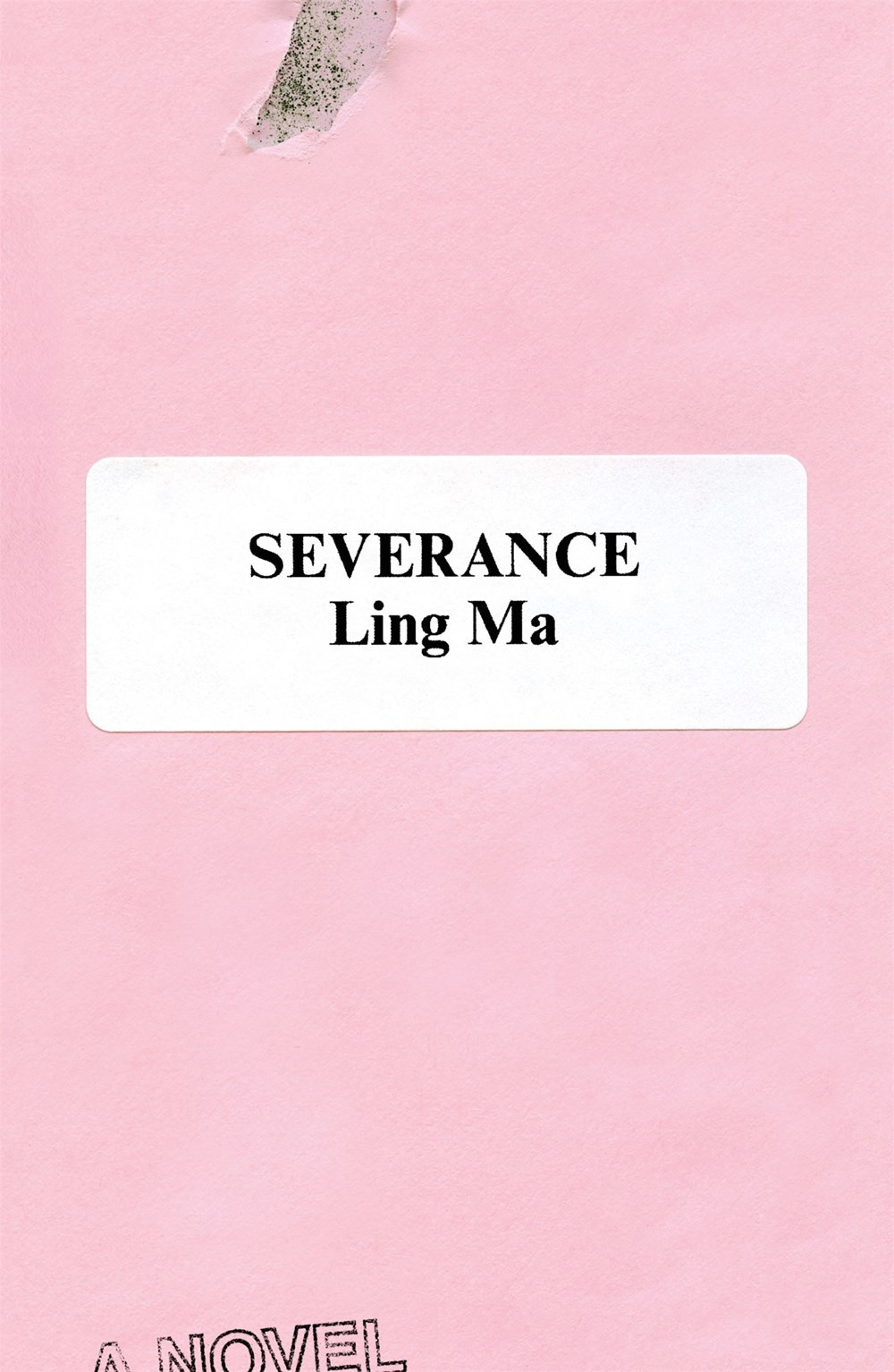
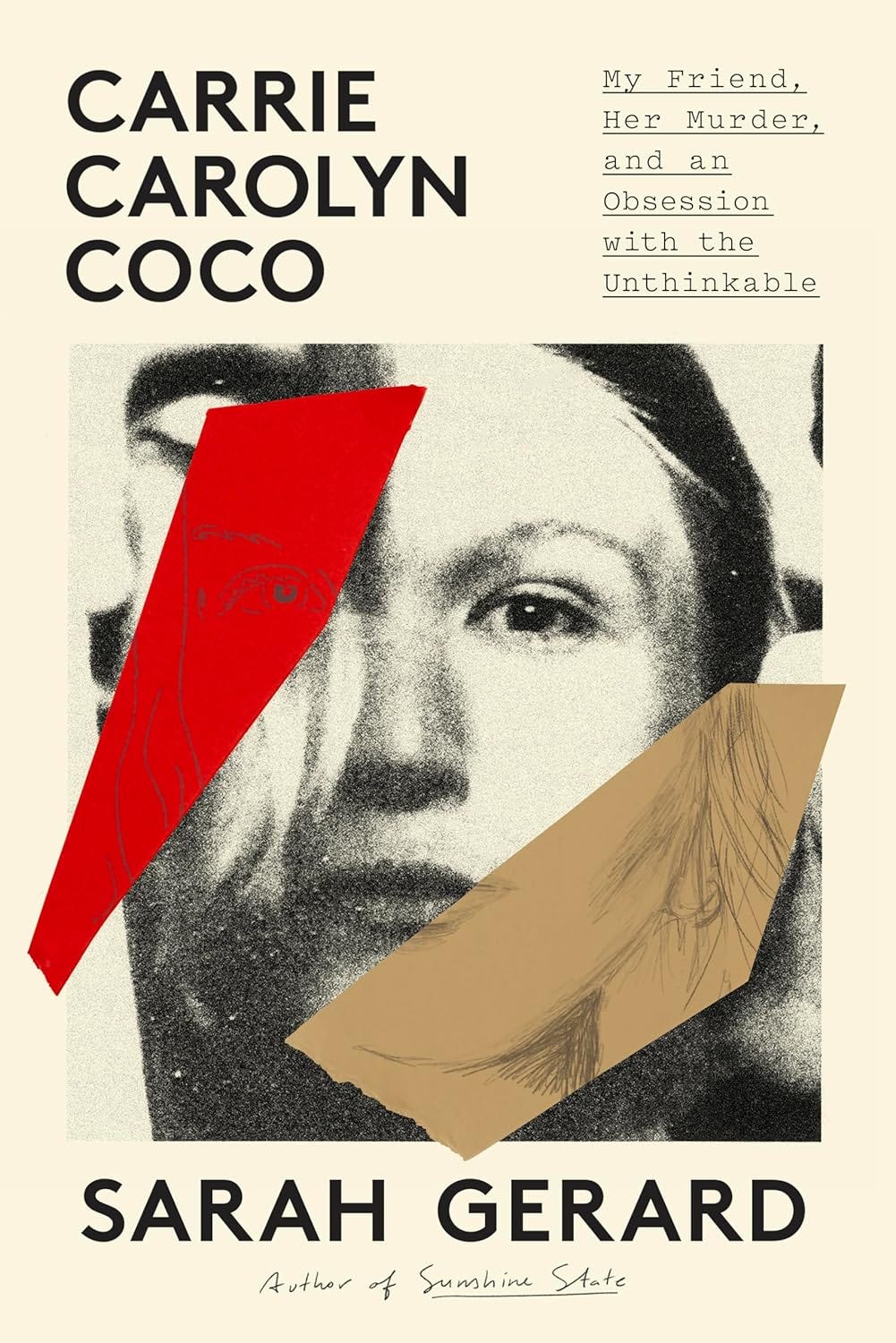

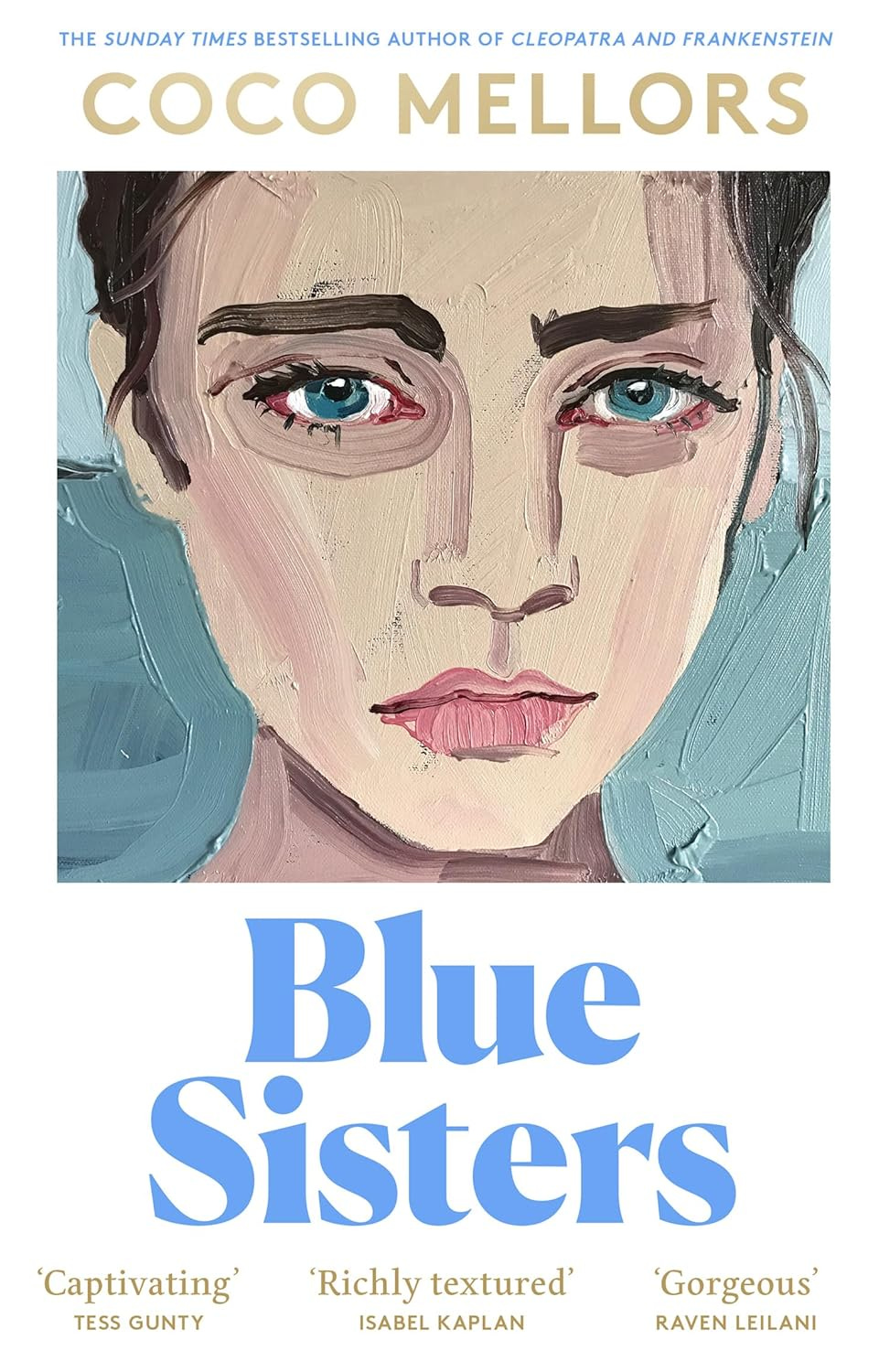
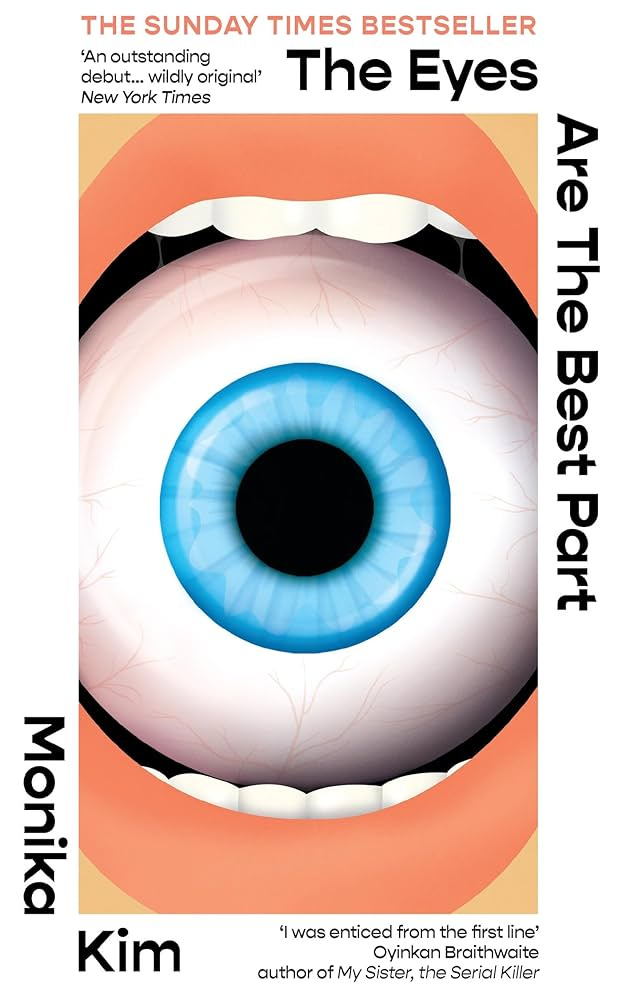
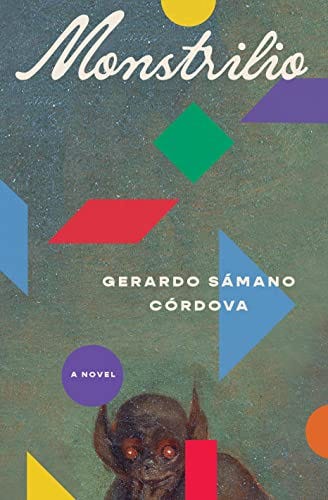
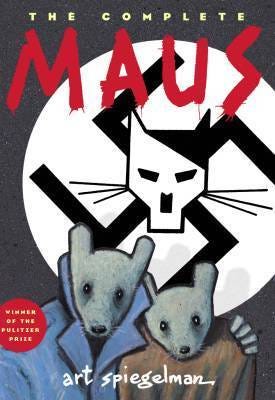
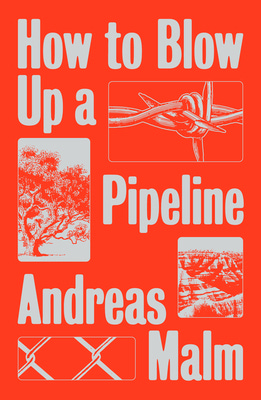
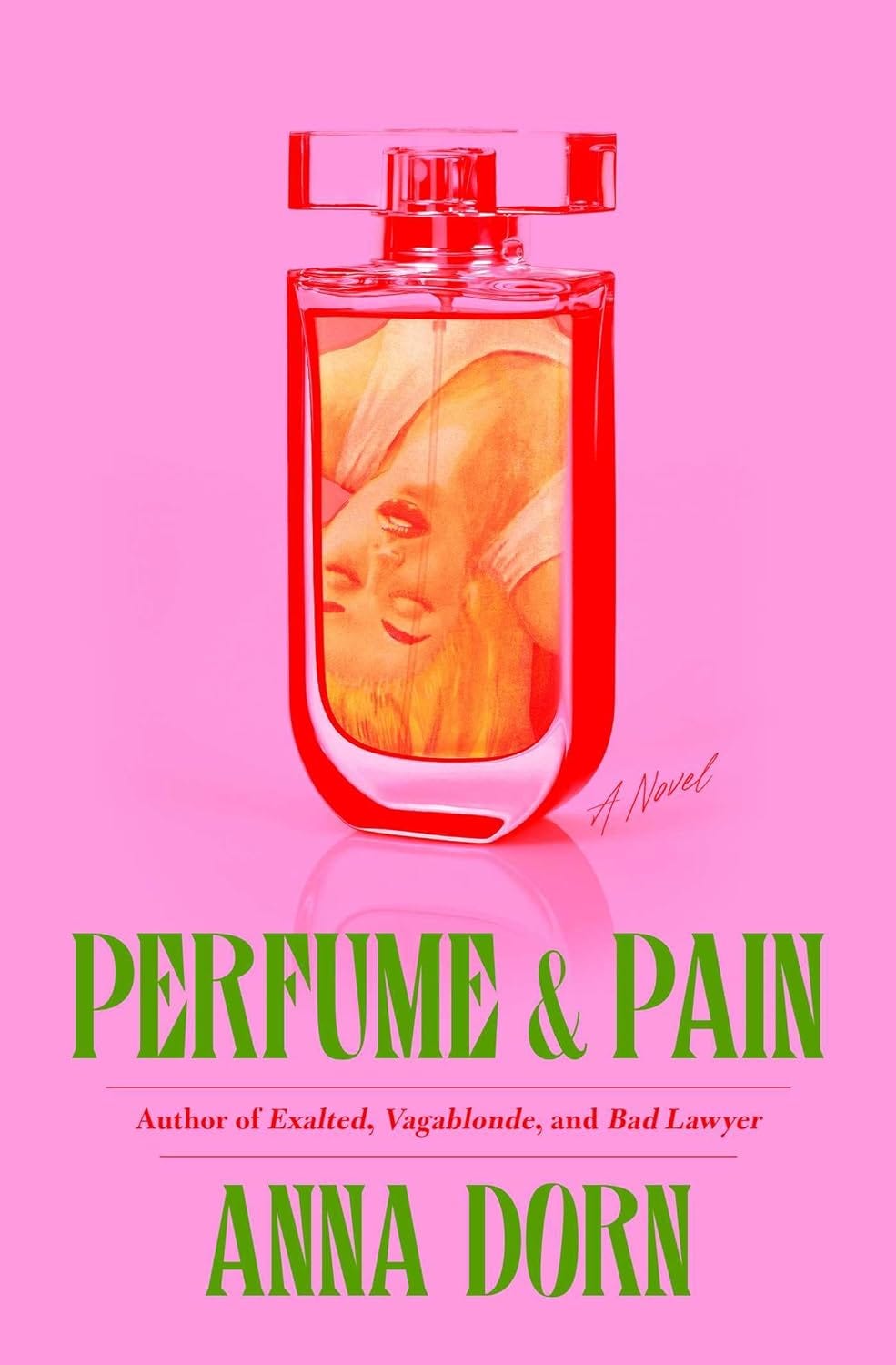
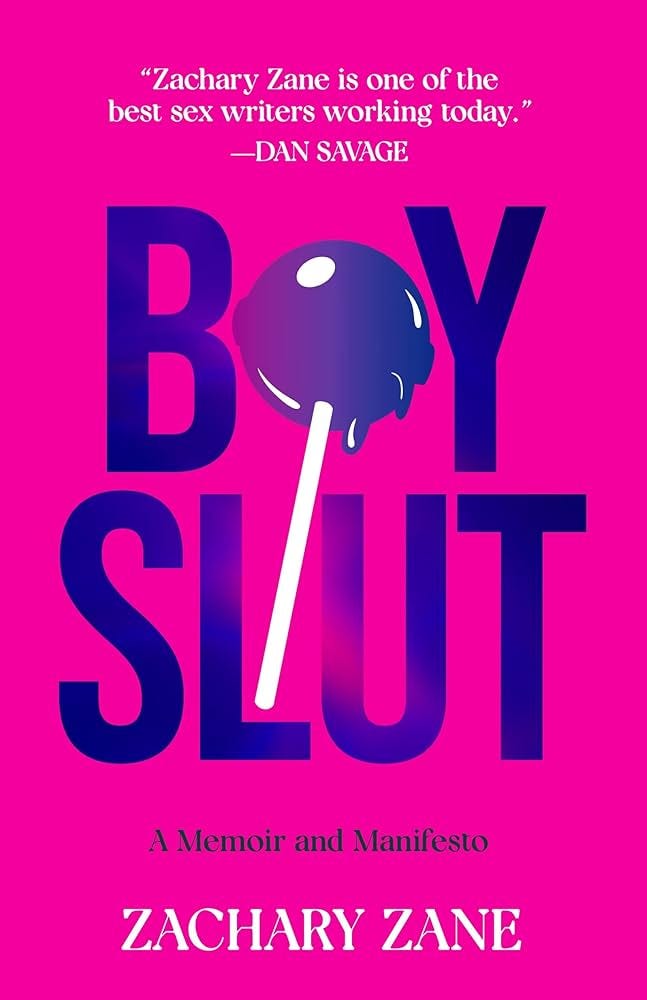
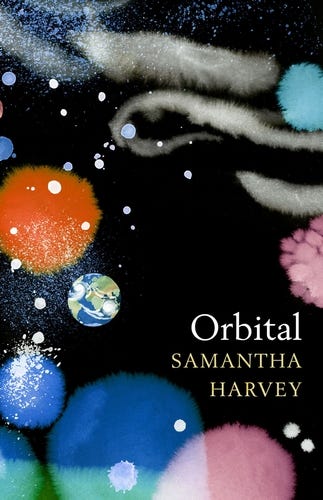
Monstrilio has intrigued me!!
Monstrilio sounds so good!